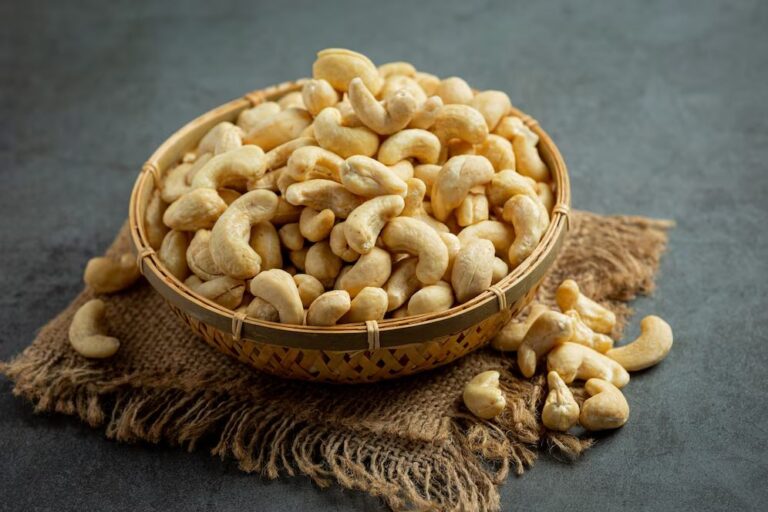Malta has long attracted foreign investors, digital nomads, and second-home seekers with its stable economy, favorable tax environment, and lifestyle perks. But buying immovable property as a non-Maltese national comes with regulations that can confuse even the most seasoned investors. The Acquisition of Immovable Property (AIP) Act outlines what foreigners can and cannot buy—and how they can legally own property in Malta.
This guide strips away the confusion and gives you a straightforward breakdown of what the AIP Act means for you.
Key Highlights
- The AIP permit is mandatory for most non-residents buying property in Malta.
- EU citizens with five years of residency are exempt from the AIP permit.
- There are designated Special Designated Areas (SDAs) with more flexible rules.
- Non-EU buyers face stricter purchase conditions and limits on property types.
- Property bought under AIP cannot be rented out without additional permits.
- Legal advice and valuation by a reputable local firm are critical before purchase.
Who Needs an AIP Permit?
Let’s begin with the most basic distinction: who actually needs a permit under Malta’s AIP Act? If you’re a non-Maltese individual, your residency status and nationality determine your eligibility and obligations.
EU Citizens
If you’re an EU citizen and intend to use the property as your primary residence, you won’t need an AIP permit. But if you want to buy a second property or rent it out, then the permit becomes a requirement. One key benefit: after five continuous years of legal residence in Malta, you’re treated the same as a Maltese citizen for property purposes.
Non-EU Citizens
For non-EU nationals, the rules are more strict. You must obtain an AIP permit for each property you intend to buy. Also, the property must be used strictly for residential purposes. Renting it out, unless explicitly permitted, violates the conditions of the Act.
Legal Entity Purchases

Buying through a company registered in Malta, even as a foreigner, still requires adherence to strict rules. In most cases, foreign-owned companies are not allowed to purchase immovable property in Malta unless special conditions are met. The property must be used for a purpose related to the business activity of that company, and prior approval is required.
Property Types and Restrictions
The AIP Act also dictates what kinds of properties foreigners can buy. Not every apartment or villa on the island is open for acquisition by a non-resident.
Special Designated Areas (SDAs)
These zones are an exception. Foreigners can buy in SDAs without an AIP permit, regardless of their nationality or residency status. Properties in SDAs are often high-end, located in prime spots like Portomaso, Tigné Point, and Fort Cambridge. They’re designed for international buyers and offer amenities like underground parking, gyms, pools, and concierge services.
If you want a property with flexibility and fewer restrictions, SDAs are your best bet.
Step-by-Step AIP Application Process
Here’s how the AIP permit process works in practice:
- Choose your property — but don’t sign anything binding until the permit is in place.
- Submit your AIP application — this includes proof of identity, a copy of the promise of sale, and a processing fee (currently €233).
- Wait for approval — it usually takes about 6 to 8 weeks.
- Sign the final deed of sale — only after receiving the permit.
- Register the property — complete the legal transfer through a notary public.
Important note: buying property before receiving the permit is illegal and can result in cancellation of the deal or legal penalties.
How to Find the Right Property in Malta
Finding the right property in Malta as a foreigner involves more than scanning listings. You need a team you can trust. That’s where the right local agency can make all the difference.
When it comes to real estate Malta, Excel Homes stands out. They provide free property valuations, helping you set the right expectations. Their experts guide you from the first viewing to final acquisition, ensuring that every box is checked. You don’t just get property listings—you get a tailored roadmap based on your goals.
They know how to align legal procedures with market realities. If you’re not sure whether an AIP permit applies to a property, or whether it fits within the guidelines for SDAs, they’ll let you know before you waste any time.
Legal, Financial, and Tax Considerations
Foreigners must go beyond the AIP Act and also account for tax and legal issues. Here’s what to factor in:
Notary and Legal Advice
You must appoint a licensed Maltese notary. Their role is to verify ownership, ensure there are no liens or debts tied to the property, and register the purchase. A competent notary can flag illegal constructions or unregistered extensions that could cost you later.
Taxes and Stamp Duty
- Stamp duty is charged at 5% of the purchase price.
- AIP Permit fee is a one-time €233.
- Notary and legal fees range from 1% to 2.5% of the property value.
There are no annual property taxes in Malta, but if you sell the property within five years, you may be subject to capital gains tax unless the property was your primary residence.
Can You Rent Out the Property?
Renting out your Maltese property depends on the AIP classification and its location.
- Properties in SDAs: Yes, you can rent them out with minimal restrictions.
- Properties outside SDAs: Only permitted if explicitly approved in your AIP permit.
- Short-term lets (Airbnb-style): Require a separate license and compliance with tourism regulations.
Trying to earn income from a property purchased for personal use without permission can lead to fines or permit revocation.
Key Differences Between SDAs and Non-SDAs
Here’s a quick comparison that clears up the differences:
| Feature | SDA Properties | Non-SDA Properties |
| AIP Permit Required? | No | Yes |
| Rental Allowed? | Yes | Only with permit |
| Types of Buyers Allowed | All foreigners | Limited by residency |
| Market Value | Higher | Wider range |
| Location | Prime areas | Mixed, rural or urban |
SDAs provide flexibility and investment appeal. But they often come at a premium price. Non-SDA properties offer better deals—but with more legal hurdles.
Common Mistakes Foreigners Make
Foreign buyers often face avoidable issues due to poor planning or misunderstanding of local law. Here’s what to watch for:
- Signing a promise of sale before securing an AIP permit
- Failing to use a notary with experience in foreign purchases
- Overlooking property status or restrictions
- Assuming SDA means no rules at all
The more homework you do, the smoother your experience will be. Working with local experts minimizes risk and avoids legal entanglements.
Final Advice Before You Buy
If you’re serious about purchasing property in Malta, the AIP Act shouldn’t intimidate you. It’s a system designed to protect national interest while welcoming serious investors. You just need to respect the rules.
- Always confirm SDA status before assuming a property is permit-free.
- Get a local lawyer and a valuation expert before making offers.
- Clarify your plans with the authorities—personal use, rental, or investment.
Being proactive saves time, money, and stress.
Conclusion

Malta offers a unique gateway into the Mediterranean real estate market. But the Acquisition of Immovable Property Act plays a gatekeeper role, especially for foreign investors. Follow the rules, stay informed, and surround yourself with experienced local professionals.
Buying property in Malta is not just about sea views or old town charm. It’s about doing it legally, smartly, and confidently—so your investment works for you, not against you.
Related Posts:
- 20 Best Gaming Headset Under 50$ 2024 - for PC, PS4,…
- Top 10 Best Modem For Gaming 2024 - For Optimum Gaming Speed
- 15 Best Shoes for Walking on Concrete 2024 - Soft &…
- Top 10 Best Inflatable Kayak 2024 - for Exploring…
- Top 10 Best Power Inverter for Car 2024 - Keep Your…
- How to Navigate the Swiss Tax System as a Foreigner







